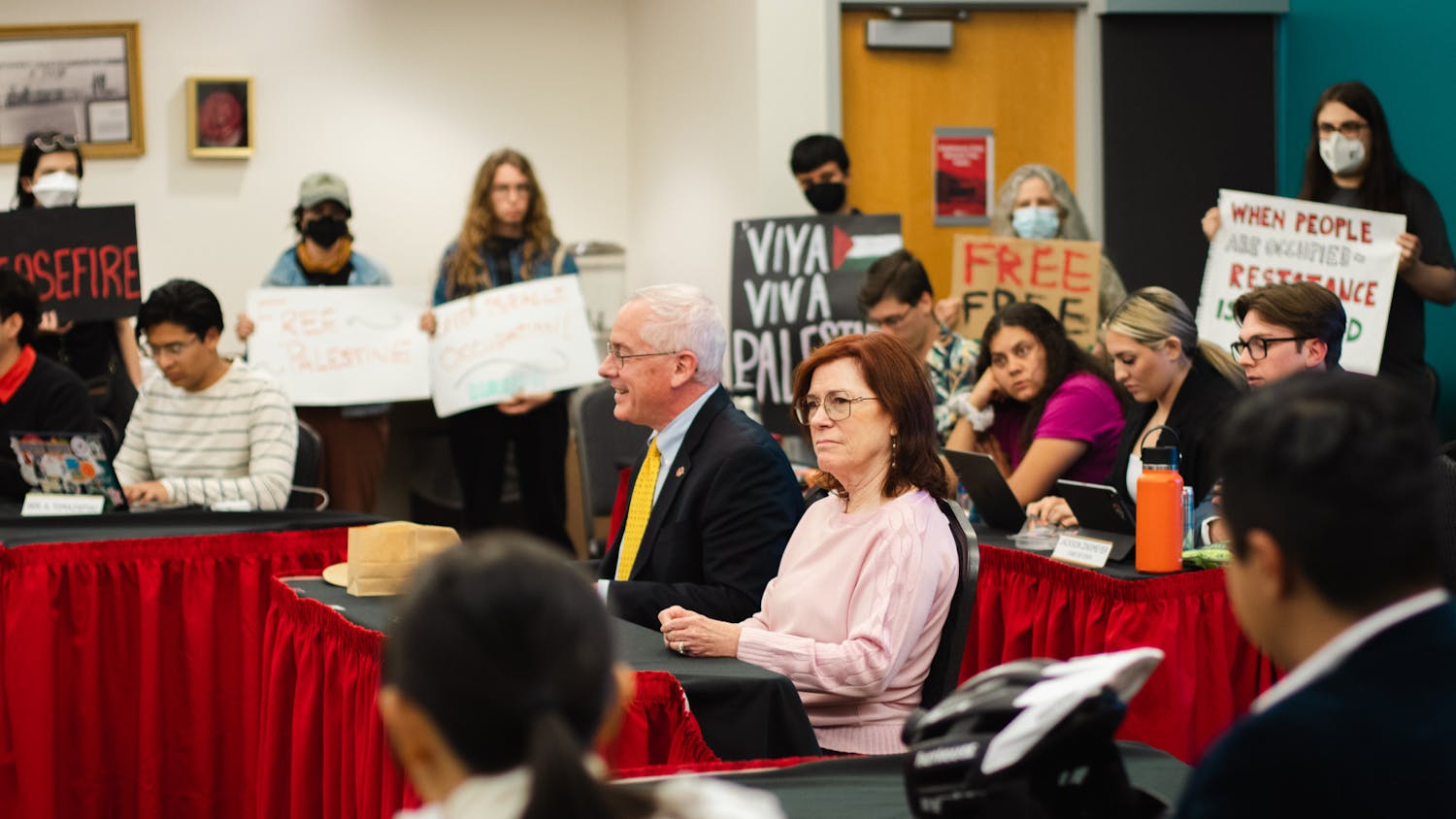Welcome to college, new students! Welcome back, returning students! By now you are settled into your classes and starting to get homework, maybe even tests.
Are any of you beginning to wonder what you are doing here anyway? Or, more to the point, why are you getting a college degree? What’s the point, what’s the use? what good is college anyway?
I’ll leave it to your teachers to convince you of the intellectual advantages of higher education, and to your families and bank accounts to convince you of the financial benefit of a college degree. As a physician, I hope to convince you that college is good for your health, too.
As you struggle to get enough sleep and keep up with homework, grab a bite of junk between school and work, and sacrifice a gym session to a study group, you might not feel so healthy. You might wonder how this lifestyle can possibly be good for you. It can be difficult to balance all the demands of a student and still stay healthy. I’ll have more to say about that in future columns. My point today is that if you stick with it and graduate, your health will benefit.
So how is college good for your health? Let me count the ways.
1. Smoking
Smoking is the number one health behavior that contributes to illness and early death. Smoking causes cancer, lung disease, heart attacks and strokes, among other problems. There is a connection between students who finish college and lower rates of smoking. In 2012 only eight percent of Americans with at least a bachelor’s degree smoked, compared to 20 percent of those with an associate degree or some college courses and 25 percent of high school graduates.
2. Obesity
Obesity is correlated with many health problems, including diabetes, cancer, heart disease and psychological struggles. As a nation, we are all getting fatter, but educated people are less so. In 2010, 26 percent of college graduates were obese, compared to 44 percent of high school grads. Of interest, in 1994 these numbers were 17 percent and 33 percent, respectively, a sad commentary on the expanding American waistline. American children are also getting fatter, but the obesity rates in children of college grads are lower.
3. Activity
People who learn more, move more. Active people have lower blood pressure, less heart disease, less depression, stronger bones and muscles, better lungs, even better gut function. The federal guidelines for physical activity are at least 2.5 hours a week of moderate or 1 and a quarter hours of intensive aerobic activity. In 2011, 63 percent of college graduates met that guideline, compared to 38 percent of high school graduates.
4. Depression and self-rated health
Get content from The Daily Lobo delivered to your inbox
A 2012 study published in the American Journal of Public Health found that people who attained a bachelor’s degree by the age of 25 had lower incidence of depression and better self-rated health in their 40s.
5. Less stress
Education creates opportunities for jobs that give greater personal satisfaction, which can result in less job-related stress. College grads are more employable, with a lower unemployment rate than non grads. Plus, as noted above, you will be exercising more, which diminishes stress.
6. More physical safety
If you are more educated, you are more likely to have a physically low risk job, like sitting at a desk, as opposed to a higher risk job like heavy equipment operator, construction laborer or taxi driver. You are also more likely to live in a low crime area of town, and in areas less exposed to pollution and to be exposed to less chemical hazards at work.
What is it about college that leads to better health? One reason is that higher education improves your critical thinking. You develop and hone skills in problem solving and information processing. This helps you integrate information you learn about health and apply it to your life, in school and later on you will make better decisions.
If you are college educated, you are more likely to get a job with health benefits. You are also more likely to be able to afford healthy behaviors, including healthy food choices and active leisure time activities. You are more likely to take responsibility for your own health and be a better advocate for yourself with higher skills in navigating the health care system, and communicating with your providers.
Benjamin Franklin said “An investment in knowledge pays the best interest.” Dividends come in many forms, including better health. So hang in there and get that degree.
Dr. Peggy Spencer is a physician at Student Health and Counceling. She is also co-author of the book “50 Ways to Leave Your 40s.” Email your questions directly to her at pspencer@unm.edu. All questions will be considered, and all questioners will remain anonymous. Sources for this column include The College Board, The Institute of Medicine, and the American Public Health Association.





